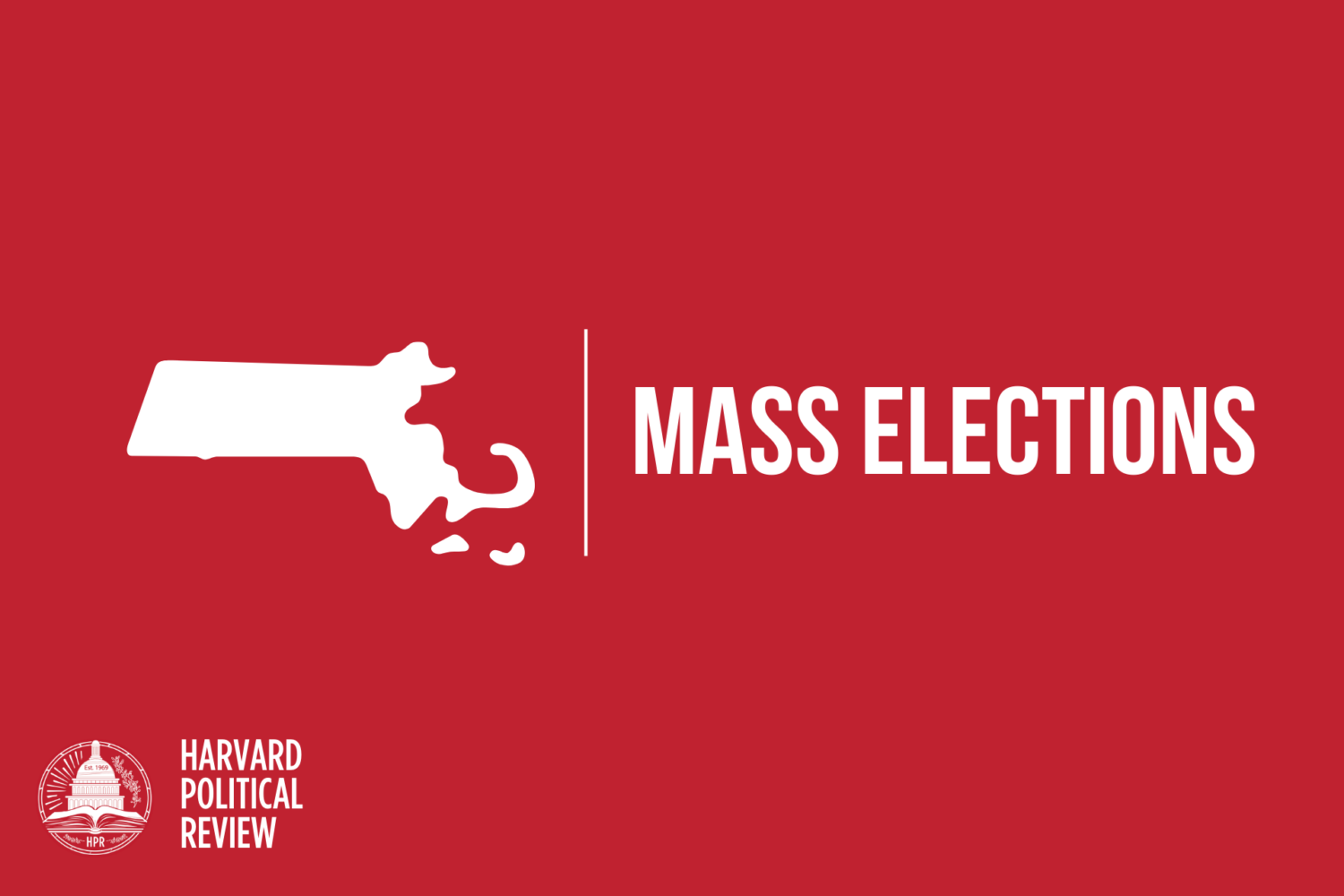This article is a part of the HPR Massachusetts Election Guide and represents the independent perspective of the author.
In 2020, at the height of the pandemic, voter turnout rates across the country dropped sharply, a rippling consequence of COVID-19. But in Massachusetts? Voter turnout increased, topping that of previous years.
The pandemic both exposed and exacerbated barriers to voting, leading to a realization of the significance of mail-in voting as an alternative to in-person voting. This is a core building block of the VOTES Act, more formally known as “An Act Fostering Voting Opportunities, Trust, Equity, and Security”, sponsored by Rep. John Lawn in the State House of Representatives (H.805) and Sen. Cindy Creem in the Senate (S.459).
The VOTES Act is one of the most comprehensive electoral reforms to become Massachusetts law. Due to the onset of the COVID-19 pandemic in 2020, Massachusetts legislators introduced vote by mail and expanded early voting for both the Sept. 1 state primary and the Nov. 3 general election. Both aimed to increase access to the ballot during the pandemic, and had larger gains for voter turnout than expected, shattering voter turnout records from that of past years. However, both expanded early voting and mail in voting were passed only as temporary reforms for the pandemic, expiring at the end of 2020. One of the core motivations behind the VOTES Act was to ensure that those reforms were permanent.
Beyond expanded early voting and mail-in ballots, the VOTES Act also bolstered access to the ballot for individuals who are incarcerated. Under Massachusetts law, incarcerated individuals under pretrial detention or a non-felony conviction are already allowed the right to vote. However, they face innumerable barriers to casting a ballot. Those who are incarcerated are unable to visit their local clerk’s office to register to vote, and must rely on the prison itself for resources and access to information such as voting eligibility or the dates of the election, as well as any forms required to register to vote. Oftentimes this is not a priority, and incarcerated individuals are routinely inhibited from voting. The VOTES Act preemptively clears some of these hurdles by increasing in-prison voter education and requiring that inmates have the resources to vote by mail or absentee ballot, as well as requiring that Massachusetts sheriffs must be responsible by law for ensuring those citizens serving misdemeanor convictions or held pretrial who maintain the right to vote can access the necessary resources.
According to the ACLU of Massachusetts, each year between seven and 9,000 Massachusetts residents are held on pretrial or on misdemeanor convictions, and face barriers to voting, though they maintain the right to vote. At one county jail, 13 out of an estimated 300 to 400 eligible voters cast a ballot this fall, meaning about 3.2% to 4.2% of eligible voters cast their ballot.
To further boost registration rates, the bill also secures the standard of back-end automatic voter registration, where Massachusetts citizens are automatically registered to vote upon interacting with the state Department of Motor Vehicles and must opt-out later if they would not like to be registered to vote. Research shows that back-end opt-out AVR models result in more voting-eligible people being added to the voter rolls, compared with front-end systems. For instance, in Oregon, which uses a back-end model, 94% of eligible individuals who interacted with the DMV have been registered to vote through AVR. By comparison, in California, which relies on front-end opt-out, only about 60 percent of eligible people who interact with the DMV have been registered to vote through AVR.
As of 2022, eight states – California, Colorado, Hawaii, Nevada, Oregon, Utah, and Washington – hold elections exclusively by mail, with general elections also held via mail in Vermont. Postal voting is an option in 33 states and the District of Columbia. Massachusetts falls under the umbrella of those 33 states that offer mail in voting, where resident voters can now request a “no excuse” absentee ballot to vote by mail. However, holding entirely mail-in elections has been argued to have significant advantages over no-excuse absentee ballots because of higher voter turnout rates and decreased barrier of entry to casting a ballot. Had Massachusetts also invested in holding elections exclusively by mail, they would have likely seen a higher significant and consistent increase in voter turnout for years to come by eliminating one of the largest barriers to voting: going to the polls.
Despite this missed opportunity, the bill’s commitment to enacting electoral reform, including expanded early voting and access to the ballot for incarcerated individuals allow for increases in voter turnout for the upcoming election and those to come.
These core pillars of the Massachusetts VOTES act cement the bill’s place in history as a groundbreaking legislative endeavor to completely overhaul the state’s voting standards and systems.
Image by Allaura Osborne created for use by the Harvard Political Review.



